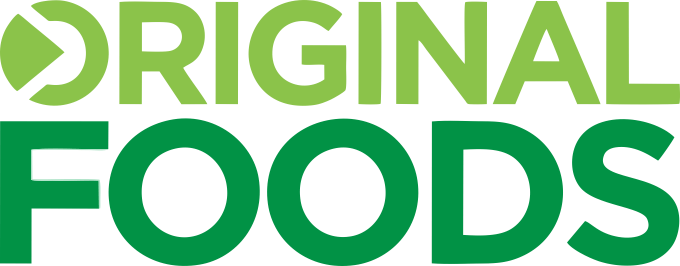In Islam, Halal is not just about food. It is a code of life for the Muslim community, which affects all areas, including, for example, working conditions. Halal eating is often the subject of debate, primarily because we are not always quite sure what it means to “eat halal”. What are the main principles?
What is halal?
The Arabic word “halal” means “lawful” or “permitted”, as opposed to “haram” which refers to the prohibited. In other words, it means whatever is permitted by Sharia, the way forward for Muslims. It does not apply only to food products but to all aspects of daily life.
The term, in its most common sense, covers all foods allowed to the faithful, mainly of animal origin.
Meat of sheep, bovine, caprine and camelina species, as well as horse, poultry or rabbit meat, are thus “halal”. Seafood is also permitted. Conversely, pork, often cited as an example, is not tolerated, nor is meat from an animal that has not undergone the Islamic slaughter ritual.
The “dhabiha”, halal slaughter
Apart from fish and seafood, all animals are subjected to a slaughter ritual dictated by Islamic law, called “dhabiha”. The rules are strict and allow the meat to be declared fit for consumption.
The animal must be conscious (the fact that it is not previously stunned divides Muslims) and slit its throat alive, with its head turned towards Mecca.
The slitting must be rapid, carried out with a knife, with a single incision of the jugular veins and carotid arteries, to improve the drainage of the animal’s blood and make the meat more hygienic (blood is considered impure in the Muslim religion ).
The sacrifice is performed by an empowered Muslim by invoking the name of Allah (“Bismillah Allahu Akbar” or “In the name of God, God is great”).
The Certification
For meat to be declared fit for consumption by Muslims, it must meet strict specifications, as for any other food certification process (organic for example), which concerns its production, processing, packaging and until its commercialization.
Specialized organizations are mandated to verify that the specifications are respected and, in fact, to approve the products as being legal.
But it is a bit like the “souk” in halal food, with a label that has spread widely on packaging, for reasons often more marketing than religious, for lack of clear and precise legislation or because of discrepancies. even within the certification bodies.
While waiting for a European standard that would make the sector more transparent, we can put aside the received ideas on halal foods. Because, apart from their religious dimension, they are products like any other.
Would you like to hire a Chef at home who offers Halal cuisine to welcome your guests around dinner? At La Belle Assiette, we respond to all requests and other specific needs.

